Search
Remove Ads
Advertisement
Summary 
Loading AI-generated summary based on World History Encyclopedia articles ...
Search Results
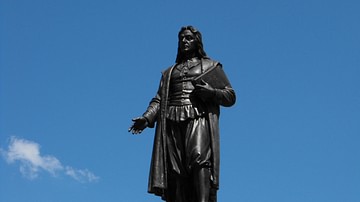
Definition
Roger Williams
Roger Williams (l. 1603-1683 CE) was a Puritan separatist minister best known for his conflict with both the Plymouth Colony and Massachusetts Bay Colony in 1633-1635 CE, resulting in his banishment and founding of the colony of Providence...
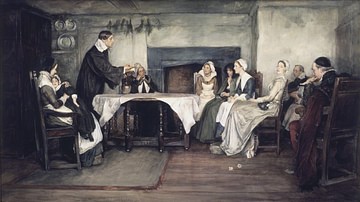
Article
Winthrop & Williams: Religious Persecution & Freedom in New England
The Puritans who settled New England claimed they came to the New World for religious freedom but, once settled, made it clear that this freedom was for themselves only and dissent would not be tolerated. Although the most famous example...
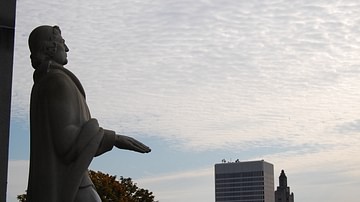
Article
Roger Williams' A Letter to the Town of Providence
Roger Williams (l. 1603-1683 CE) was a Puritan separatist who believed in and advocated for the separation of church and state, claiming that politics corrupted religion. He advocated for this policy in a number of his written works but...
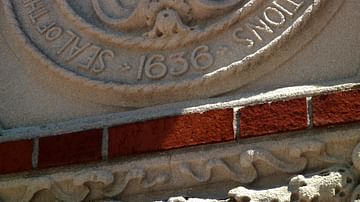
Definition
Providence Colony
Providence Colony (also known as Providence Plantation, modern-day Providence, Rhode Island, USA) was a settlement established in 1636 CE by the Puritan separatist theologian and pastor Roger Williams (l. 1603-1683 CE) after he was banished...
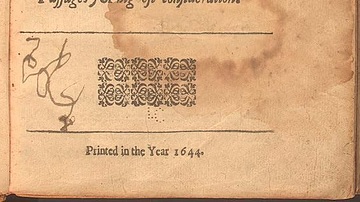
Article
Roger Williams' The Bloody Tenent of Persecution
The Bloody Tenent of Persecution (original title, The Bloody Tenenent of Persecution for Cause of Conscience) is a 1644 CE book by the Puritan separatist Roger Williams (l. 1603-1683 CE) which is best known for its arguments supporting the...
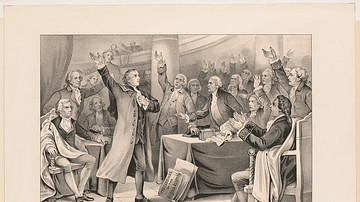
Article
Give Me Liberty or Give Me Death
"Give me liberty or give me death!” is the closing line from a speech made by Patrick Henry to the Second Virginia Convention on 23 March 1775, in which he argued that war with Britain was inevitable and a militia should be raised to defend...
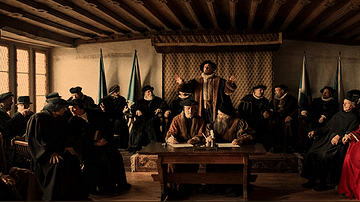
Article
Zwingli's On Rejecting Lent and Protecting Christian Liberty
Although Huldrych Zwingli (l. 1483-1531) began his Reformation efforts in Zürich in 1519, his first break with the Church came in 1522 when he defended a group of citizens who had broken the Lenten fast by eating sausages. The event, known...

Video
Roger Williams: America's First Baptist (Religious Freedom in Colonial New England: Part II)
CONTINUED FROM PART i: https://www.youtube.com/watch?v=IePvJ2Vlw2g Religious Freedom in Colonial New England (Part II) Roger Williams: America's First Baptist In the first segment of this lecture, I discussed the culture of religious...
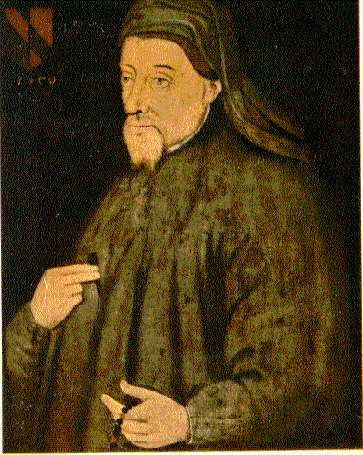
Image
Harvard Portrait of Chaucer
Portrait of Geoffrey Chaucer, c. late-14th Century CE by an unknown British artist. This oil on panel painting is currently in the collection of the Harvard Art Museum, Cambridge, MA.
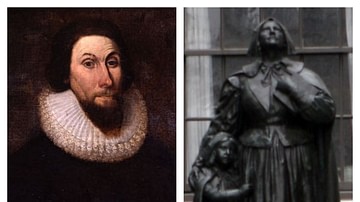
Definition
Antinomian Controversy
The Antinomian Controversy (1636-1638 CE) was a religious-political conflict which divided the Massachusetts Bay Colony of New England in the 17th century CE. The disagreement, also known as the Free Grace Controversy, centered on the primacy...